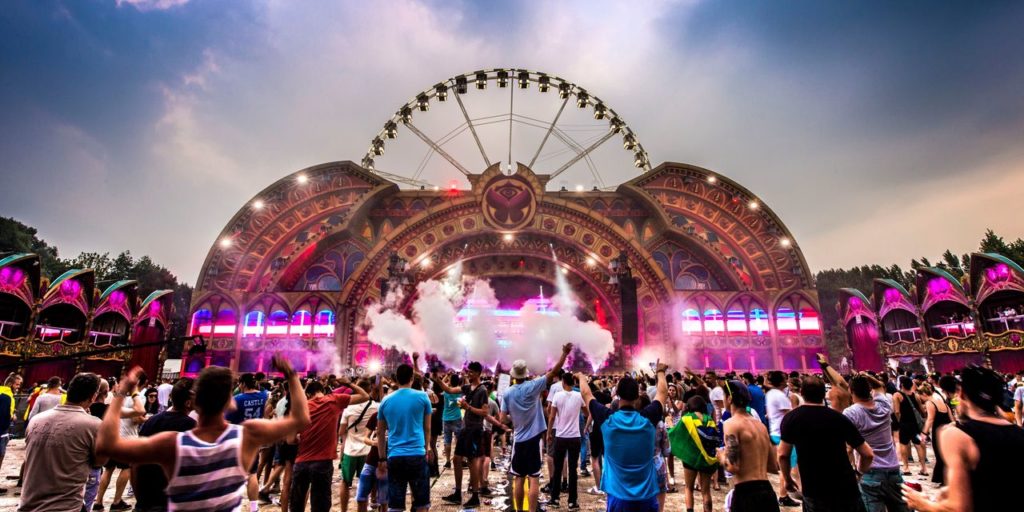There is an acute shortage of people needed for the construction of festivals and other events this summer, as the summer will be busier than ever due to a full festival calendar in combination with many postponed events.
The circumstances are the perfect storm for suppliers, who sometimes do not even have sufficient materials, let alone staff members, for some upcoming events. An estimated 600 people are still needed this summer, according to HR company Amplo.
"That figure only applies to the companies that are looking for workers through us. In practice, the need is certainly double: 1,200 people is not an overestimate," Amin Dridi of Amplo told VRT. Mainly people with a technical profile for the construction of events are needed.
Stijn Snaet of the Event Confederation confirmed that there is indeed a personnel problem. "There is a huge need for technical people, but also for people who are active in the production and communication side of events."
Additionally, the sector is also looking for many student workers and volunteers. "The whole system is folding up like an accordion right now," Snaet said.
Related News
- Permit for third Tomorrowland weekend officially confirmed
- 'Rock Werchter Encore': Rock Werchter announces extra one-day festival
- Pukkelpop announces extra one-day festival this summer
The main reason for the acute staff shortage is the fact that the demand for workers is higher than ever: after two summers with Covid-19 restrictions, large festivals are happening again, as are a number of other (postponed) events and concerts.
At the same time, there is less supply of workers, because the Covid crisis has led to a "brain drain" in the sector, according to Amin Dridi of Amplo.
"An estimated one in three people left the event sector due to the pandemic and did not return," he said. "Often those experienced people now have a job with more stability and less flexible working hours than in the event sector."
For sectors that already were struggling to find sufficient personnel, such as the hospitality industry, the situation has not improved. "The number of vacancies is rising while the number of job seekers is falling, and the less attractive aspects of the jobs in those sectors, such as irregular hours, have not fundamentally changed."

